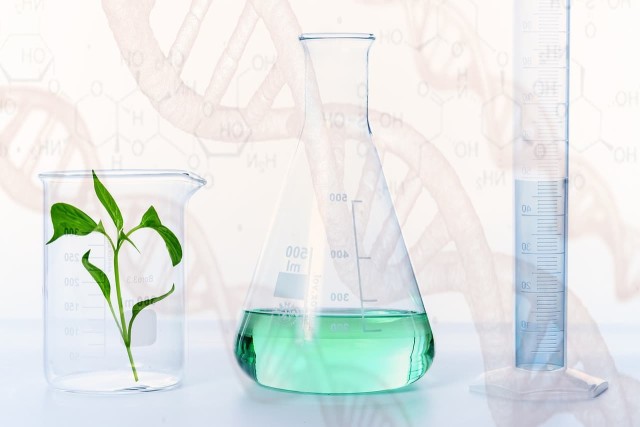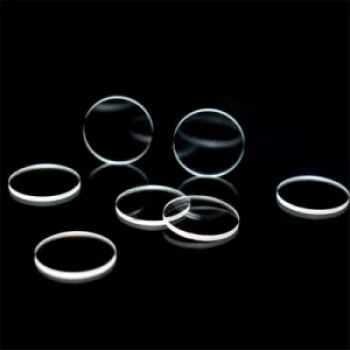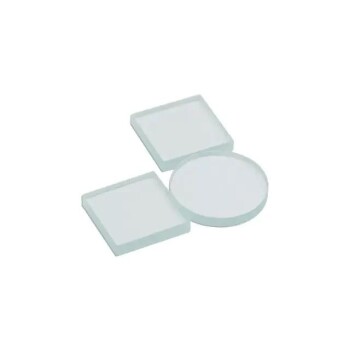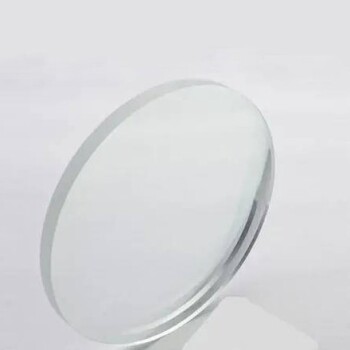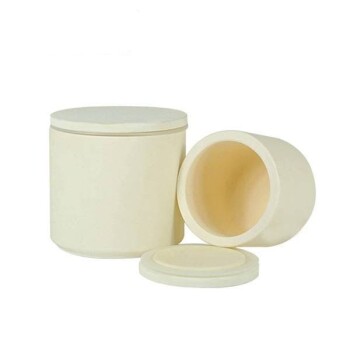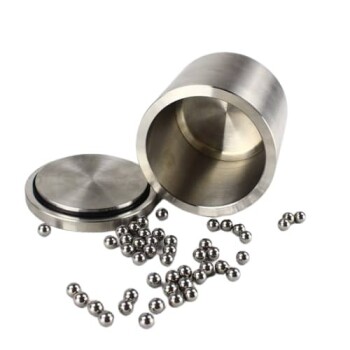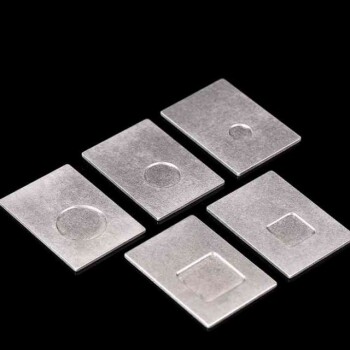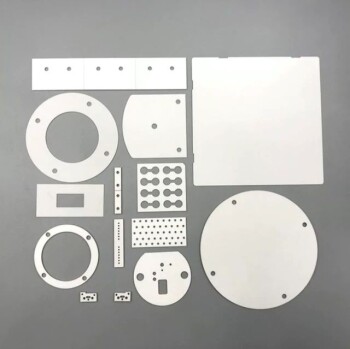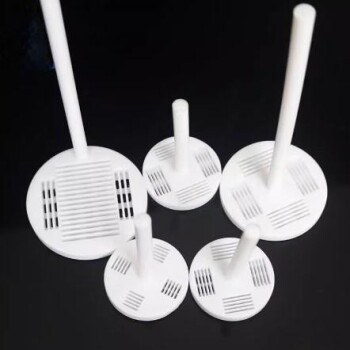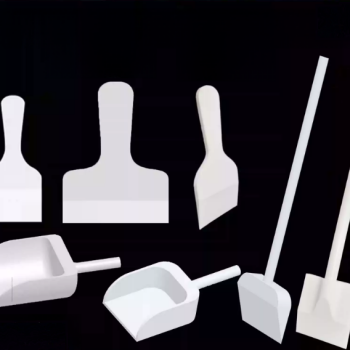Types of plastic of Laboratory plasticware
different types of plastic have different properties and are suitable for different applications.
- Polypropylene (PP) is a strong, lightweight plastic that is resistant to high temperatures, chemicals, and UV radiation. It is commonly used in the manufacturing of laboratory plasticware, as well as in food packaging and consumer products.
- Polystyrene (PS) is a lightweight plastic that is resistant to water and chemicals. It is commonly used in the manufacturing of disposable plasticware, such as cups and cutlery, as well as in the production of protective packaging materials.
- Low-density polyethylene (LDPE) is a flexible, durable plastic that is resistant to chemicals and water. It is commonly used in the manufacturing of plastic bags, films, and containers.
- High-density polyethylene (HDPE) is a strong, rigid plastic that is resistant to chemicals, UV radiation, and high temperatures. It is commonly used in the manufacturing of laboratory plasticware, as well as in food packaging and consumer products.
- Polymethyl pentene (PMP) is a transparent plastic that is resistant to high temperatures and chemicals. It is commonly used in the manufacturing of laboratory plasticware and in the production of medical devices.
Overall, it is important to consider the specific properties and characteristics of different types of plastic when selecting plasticware for your laboratory.
Types of glass of laboratory glassware
Borosilicate glass and soda-lime glass are the two most common types of glass used in laboratory glassware.
Borosilicate glass, also known as Pyrex or Kimax, is a type of glass that is made from silica and boron trioxide. It has a very low coefficient of thermal expansion, which means that it expands very little when heated or cooled. This makes it highly resistant to thermal shock and able to withstand high temperatures. Borosilicate glass is also resistant to chemical attack and is therefore suitable for use in a wide range of laboratory applications.
Soda-lime glass is a type of glass that is made from silica, soda, and lime. It is a more common and less expensive type of glass than borosilicate glass. While it is not as resistant to thermal shock or chemical attack as borosilicate glass, it is still suitable for use in many laboratory applications. Soda-lime glass is more prone to breakage and is therefore not recommended for use in applications where thermal shock or chemical attack is a risk.
Overall, the choice between borosilicate glass and soda-lime glass will depend on the specific needs of your laboratory.
Advantages & Disadvantages
Advantages of Glassware:
- Durability: Glassware is very durable and can withstand high temperatures, making it suitable for use in a variety of laboratory applications.
- Chemical resistance: Glass is resistant to a wide range of chemicals, making it a good choice for use in chemical reactions or storage of chemicals.
- Visibility: Glass is transparent, allowing for easy visual monitoring of reactions and samples.
- Sterilization: Glassware can be easily sterilized using heat or chemicals, making it suitable for use in sterile environments.
Disadvantages of Glassware:
- Fragility: Glass is fragile and can break easily, making it a less suitable choice for use in certain applications or environments where breakage is a risk.
- Weight: Glassware is generally heavier than plasticware, making it less portable and more difficult to handle.
- Cost: Glassware is often more expensive than plasticware due to the cost of raw materials and manufacturing processes.
Advantages of Plasticware:
- Lightweight: Plasticware is much lighter than glassware, making it more portable and easier to handle.
- Cost: Plasticware is generally less expensive than glassware, making it a more cost-effective choice for certain applications.
- Versatility: Plasticware comes in a wide range of shapes and sizes, making it suitable for use in a variety of applications.
- Chemical resistance: Some types of plastic are resistant to certain chemicals, making them suitable for use in certain applications.
Disadvantages of Plasticware:
- Chemical reaction: Plasticware can react with certain chemicals, causing contamination or affecting the accuracy of results.
- Durability: Plasticware is not as durable as glassware and may not withstand high temperatures or rough handling.
- Sterilization: Plasticware is more difficult to sterilize than glassware, making it less suitable for use in sterile environments.
Overall, the choice between glassware and plasticware depends on the specific needs of your laboratory. Glassware is generally more durable and resistant to chemicals, but is also more fragile and expensive. Plasticware is more lightweight and cost-effective, but may not be suitable for use in all applications due to its lower durability and potential for chemical reactions.
How to choose
Both glassware and plasticware have their own advantages and disadvantages, and the choice between the two will depend on the specific needs of your laboratory.
As you mentioned, plasticware is generally more budget-friendly and safer to use, making it a good choice for start-up labs and classrooms. It is also lightweight and easy to handle, making it suitable for use in a variety of applications. However, plasticware may not be as resistant to chemicals or extreme temperatures as glassware, and it may be more difficult to sterilize.
On the other hand, glassware is generally more durable and resistant to chemicals and extreme temperatures, making it a good choice for use in chemistry labs or when working with hotplates and stirrers. However, it is also more fragile and expensive than plasticware, and it may be less suitable for use in environments where breakage is a risk.
Overall, it is a good idea to consider the specific needs of your laboratory and the specific properties of both glassware and plasticware when making a decision. In some cases, it may be beneficial to stock up on both types of supplies in order to have the best option available for different applications.
Related Products
- High Temperature Resistant Optical Quartz Glass Sheet
- Float Soda-Lime Optical Glass for Laboratory Use
- Optical Ultra-Clear Glass Sheet for Laboratory K9 B270 BK7
- Laboratory Jar Ball Mill with Alumina Zirconia Grinding Jar and Balls
- Laboratory Ball Mill Jar Mill with Metal Alloy Grinding Jar and Balls
Related Articles
- A Step-by-Step Guide to Cleaning Laboratory Glassware
- Understanding Quartz Electrolytic Cells: Applications, Mechanisms, and Advantages
- Optical Quartz Plate: A Comprehensive Guide to Applications, Specifications, and Usage
- Unveiling the Versatility of Heated Lab Presses: A Comprehensive Guide
- Comprehensive Guide to Atmosphere Furnaces: Types, Applications, and Benefits
